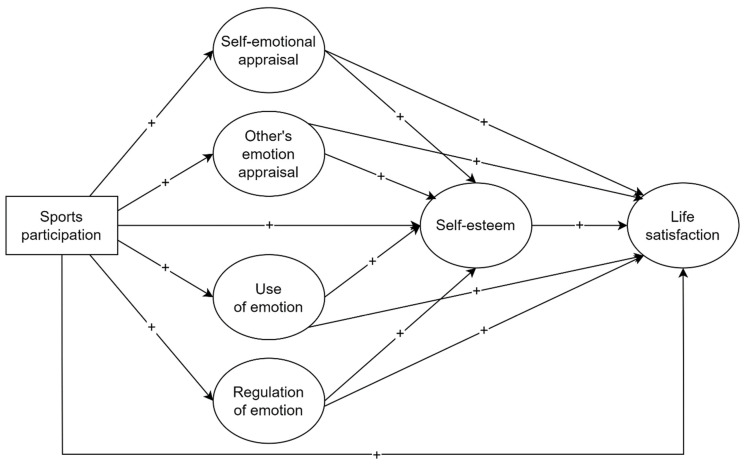Let Them Make Decisions
🗣️ Quote of the Day
“Never do for a player what they can do for themselves.”
— Unknown
⚽ Coaching Insight
Decisions are something coaches and players alike deal with. As youth coaches, our instinct is to help—to step in, give direction, and correct every detail. But sometimes, the best coaching is stepping back and letting kids figure it out.
Decision-making in youth soccer isn’t built through perfectly run drills—it’s built in messy, unpredictable moments. A bad first touch. A late pass. A hesitation in front of goal.
Those aren’t just mistakes—they’re opportunities.
If you fix everything for them, they learn to rely on you. But if you guide and step back, they learn to think, solve, and adapt on their own.
That’s the goal, right? Players who don’t need to look to the sideline every time the game speeds up.
So ask yourself: Are you building robots—or thinkers?
🧠 Why It Matters
When kids are empowered to make their own decisions:
- They become more confident
- They stay more engaged in games
- They take more responsibility for their development
- They transfer training into real match situations more easily
In the long run, the kid who makes 50 decisions in a game, even with mistakes, will grow more than the kid who made 10 perfect passes by following instructions.

🔥 Today’s Challenge
Next time you run a small-sided game or free play session:
- Fight the urge to shout constant directions
- Let the kids play, make mistakes, and figure it out
- Pull them aside after and ask: “What did you see there?” or “What would you try next time?”
You’re not losing control—you’re building autonomy.
💡 Keep Leveling Up.
Great coaches don’t just teach skills—they build thinkers. When you trust your players to solve problems, they’ll surprise you with what they can do.
📬 Want messages like this sent to your inbox every morning? [Subscribe here] and keep growing as a coach and a leader.














